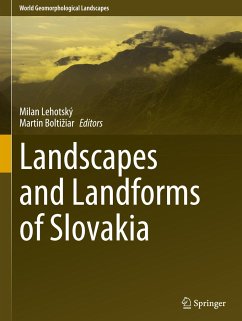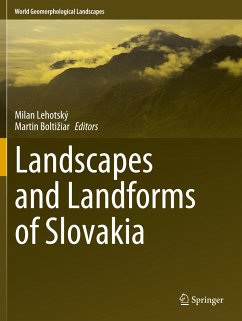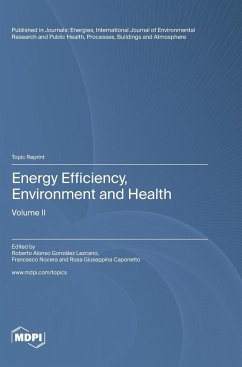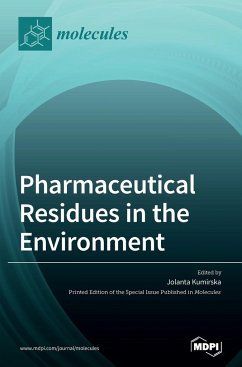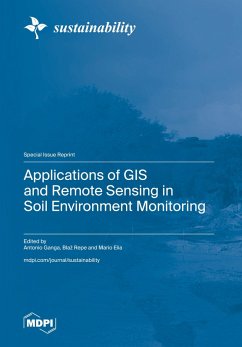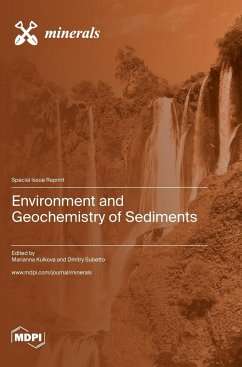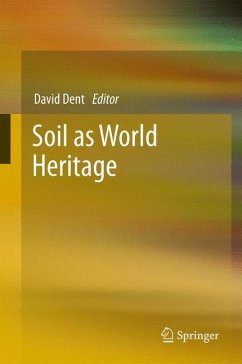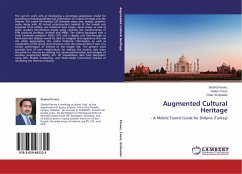
Effective Models in Heritage Science
Versandkostenfrei!
Versandfertig in 1-2 Wochen
78,99 €
inkl. MwSt.

PAYBACK Punkte
39 °P sammeln!
Heritage sites and objects are continually shaped by their environment. Investigating the interactions between heritage and its surroundings is important in understanding change, which may represent a threat to long-term preservation. Process-based models can provide tools for exploring the effects of environmental change. However, these models have been under-utilized in heritage science even though they can help inform management decisions that lead to better practice in heritage conservation and science. This Special Issue, entitled "Effective Models in Heritage Science", seeks to increase ...
Heritage sites and objects are continually shaped by their environment. Investigating the interactions between heritage and its surroundings is important in understanding change, which may represent a threat to long-term preservation. Process-based models can provide tools for exploring the effects of environmental change. However, these models have been under-utilized in heritage science even though they can help inform management decisions that lead to better practice in heritage conservation and science. This Special Issue, entitled "Effective Models in Heritage Science", seeks to increase the use and application of models within the field and optimally encourage a two-way exchange of understanding between research and practice. The volume should be of interest to those who use models to explore change in objects and sites. However, it may be particularly useful for those concerned with the practical applications of models to the strategic and local management of heritage. In this Special Issue, we present a range of process-based models applied to tangible heritage objects and sites that have substantial uses or implications for heritage practice. The contributions illustrate how the gap between heritage science and practice can be successfully bridged.




